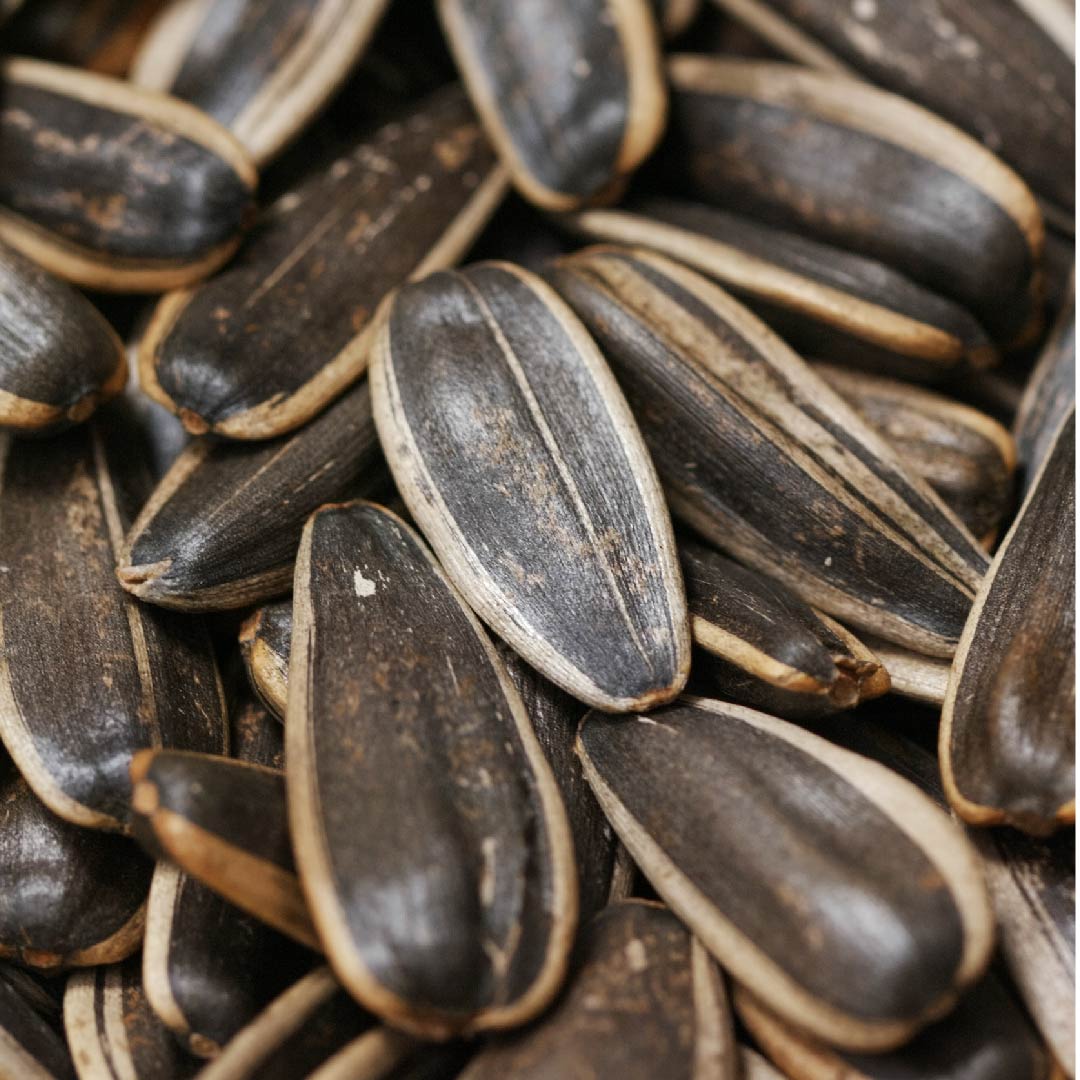Vitamin E
Back to ingredients
Form: D-Alpha-Tocopheryl Acid Succinate
Food Sources: Plant oils (rapeseed, vegetable, olive, sunflower), nuts and seeds, avocados and wholegrains. Also oily fish and egg yolks.
Benefits of Vitamin E
- Healthy skin
- Healthy eyes
- Supports nervous system
- Pregnancy support
What is Vitamin E?
Vitamin E is a fat-soluble vitamin that exists in eight forms. Our body only uses one of these forms, called ‘alpha-tocopherol’. One of Vitamin E’s main benefits is that it acts as an antioxidant. Antioxidants combat harmful ‘free radicals’ (unstable molecules), helping prevent damage to cell membranes. Oxidative stress, the condition of having too many free radicals, is associated with a range of conditions such as cardiovascular disease.
Because of its antioxidative properties, Vitamin E is also thought to play a role in maintaining healthy skin and eyes. Oxidative stress can damage the skin and cause inflammation of the skin, so studies suggest supplementing with Vitamin E to treat conditions such as dermatitis, to protect the skin from sunlight and moisturising dry and wrinkled skin.
In our latest skin research, we found that 44 is the average age that people begin to notice the appearance of fine lines and wrinkles and is the primary concern for people over the age of 44. Dry, dull skin was a consistent concern for people of all ages. You may also enjoy reading ‘Is a nutrient deficiency causing your skin condition?’ and ‘Best Foods and Vitamins for Healthy, Glowing Skin’. Give these '5 easy smoothie recipes for glowing skin' a try too.
Vitamin E may also help to provide protection to the lens of the eye. Fats, which form part of cell membranes, are vulnerable to damage from free radicals. Within the retina, there is a high concentration of fatty acids, so being a fat-soluble antioxidant, Vitamin E helps protect these fatty acids from being damaged.
Vitamin E may also support the health of blood cells and nerve function by protecting them from oxidative stress. It is also considered important in helping nerves carry messages between the brain and the body. These antioxidative effects are also what make Vitamin E an important vitamin during pregnancy. By preventing damage to cell membranes, Vitamin E contributes to the healthy structure of cells throughout the foetus' body, reducing the likelihood of the baby developing conditions such as asthma.
















